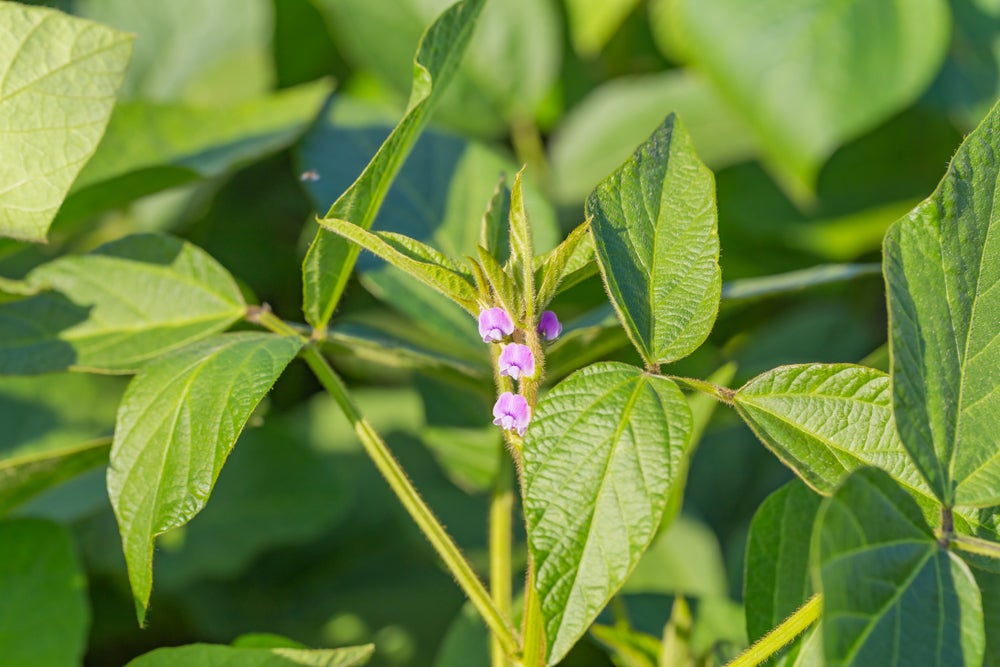Pro Farm Group’s product, RinoTec Technology has received an approved registration from the Environmental Protection Agency.
Discovered and developed by ProFarm scientists, RinoTec is a novel biocontrol agent that demonstrates strong activity against plant-parasitic nematodes, wireworms, whitefly, thrips, mites, lepidopterans, corn rootworm, and other costly foliar and soilborne pests.
RinoTec is exempt from residue tolerance requirements, reflecting the EPA’s assessment of its negligible risk to human health and non-target organisms.
It will be available for use in products for row and specialty crops, including corn, potatoes, tree nuts, and vegetables, pending state registrations.
“Growers throughout the industry will find this new technology provides an easy-to-use, effective, non-synthetic complement to their pest management programs,” says JR Abele, RinoTec product manager. “It has a user-friendly and environmentally friendly safety profile that gives growers greater freedom to farm.”

Stops feeding and repels pests to minimize crop loss
Products containing RinoTec Technology are applied at planting as an in-furrow liquid or to growing crops as a foliar treatment.
- Within the soil, RinoTec is absorbed by roots and moves through the seedling’s developing root system, giving protection at a crucial developmental stage.
- As a foliar application, RinoTec is active on the plant surface and is trans-epidermal mobile, moving into the leaf surface structure where it is retained at lethal levels.
- When ingested by the pest, it acts as stomach poison, stopping pest feeding and the damage that reduces crop yields and lowers crop quality and marketability.
- RinoTec also generates a reaction within the plant roots and soil profile that repels below-ground pests to protect seedlings and prevent continued insect feeding on developing tubers and root crops.
“During the past five years of university and independent research testing, yield data and crop quality evaluations show RinoTec Technology frequently provides pest control equal to or better than the insecticides growers currently use,” Abele says.
In corn, pyrethroids, and organophosphates are commonly employed to control devastating pests like corn rootworm that can cost corn growers as much as $2 billion annually in control measures and lost yield.
“RinoTec is groundbreaking technology. It provides effective control of soil insects and nematodes, as a safer alternative to broad-spectrum solutions like pyrethroids and carbamates.” Abele adds.
The naturally sourced, bio-based components of RinoTec Technology will make farming easier. Insecticide/nematicide products powered by RinoTec Technology feature:
- Tank-mix compatibility with a wide range of crop protection products and fertilizers including 10-34-0
- No buffer requirement when soil-applied at planting
- Minimal personal protective equipment, a 4-hour restricted entry interval (REI) and a 0-day pre-harvest interval (PHI) upon application
- Tolerance exempt and established MRL’s.
- No closed mixing system requirement, providing convenience not previously available from other liquid in-furrow insecticides
- A low impact on beneficials and pollinators
- Shelf-stable formulation and storage characteristics similar to other crop protection products
Novel mode of action is an effective tool for resistance management
RinoTec is currently within the Insect Resistance Action Committee (IRAC) UNB chemical class, or bacterial agents (non-Bt) of unknown or uncertain mode of action (MoA).
“In laboratory studies of an initial prototype, RinoTec successfully controlled Bt-resistant insect populations, which leads us to believe it may belong in an IRAC group of its own,” Abele says. This is important because there are a significant number of documented cases of field-evolved resistance to Bts within IRAC group 11A (bacillus thuringiensis and the insecticidal proteins they produce).
RinoTec Technology is not expected to be cross-resistant to other insecticide MoAs, including those in IRAC groups 4A, 5, 9B, 23 and 28, making it a strong fit in IPM and resistance management programs. It was developed to be used in a program approach with conventional chemistries to delay resistance development.


